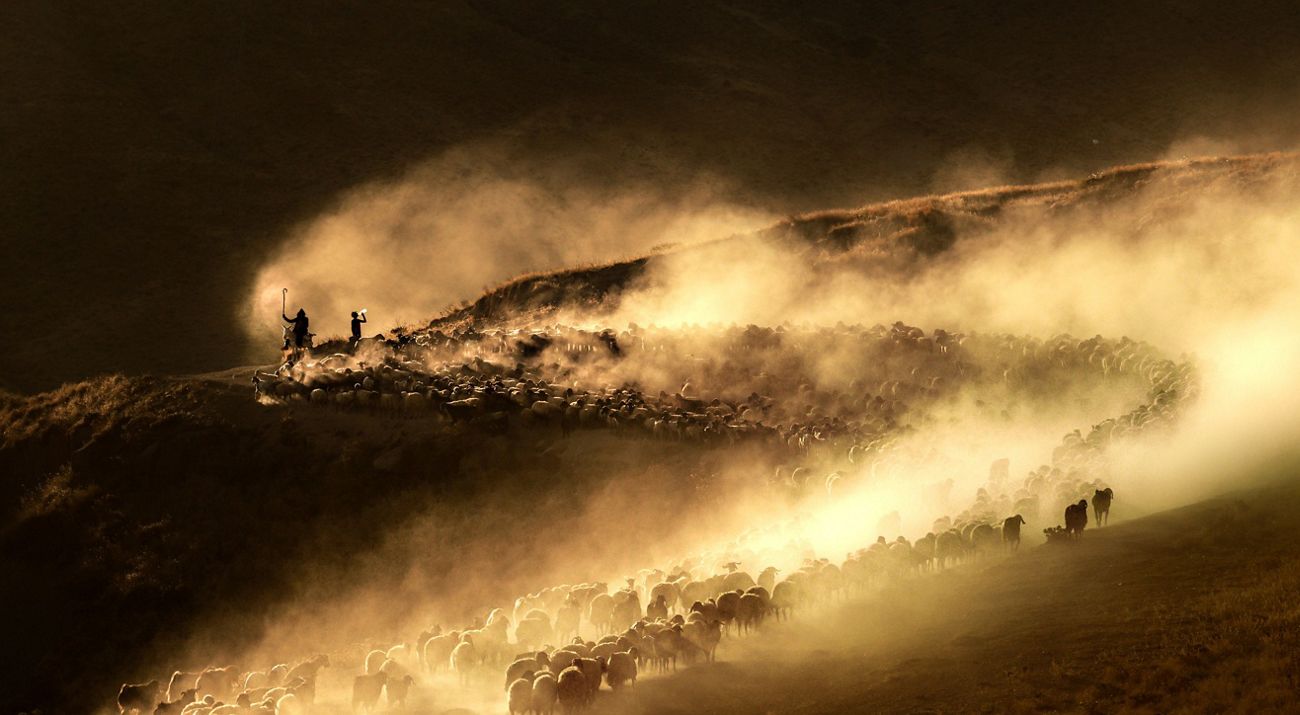Katharine Hayhoe Comments on Release of Fifth National Climate Assessment, “Climate Change is Happening Here and Now, In Every U.S. State”
Media Contacts
-
Angela Campbell
Email: angela.campbell@tnc.org
Today, The U.S. Global Change Research Program released the Fifth National Climate Assessment (NCA5). For the first time since 2018, more than 500 experts across the nation, including five scientists from The Nature Conservancy (TNC), analyzed data, research and case studies to determine how climate change is affecting Americans.
The report determines current and future risks of climate change across the U.S. by region and sector. TNC’s contributors to the report include:
Katharine Hayhoe, chief scientist; NCA5 climate trends chapter
Rich Bell, senior fisheries scientist; NCA5 oceans chapter
Joe Fargione, director of science for the North America region; NCA5 mitigation chapter
Marissa Ahlering, science director for The Nature Conservancy in North Dakota, South Dakota, and Minnesota; NCA5 Great Plains chapter
Alison Long, science fellow for The Nature Conservancy in North Dakota, South Dakota, and Minnesota; NCA5 Great Plains chapter
To schedule an interview with any of these TNC experts, please email media@tnc.org.
Statement from Katharine Hayhoe, chief scientist of The Nature Conservancy, lead author of the Second, Third and Fourth, and author of The Fifth National Climate Assessment:
“The National Climate Assessment clearly shows us all the ways that climate change is affecting Americans right now in the places where we live. It matters because it clearly illustrates how climate change is not only an environmental or a science issue; it’s an everything issue. Climate change is affecting every part of our lives today.
“As a climate scientist, I am not surprised by the extremes we have witnessed this year; but as a human, I am still shocked by them. It’s one thing to see these impacts in your scientific models, but it’s another to live it in real life, affecting the people and places you love.
“Today, most Americans have been personally affected, or know someone who has been affected, by climate change and weather extremes. That was not the case when the last national assessment was released in 2018, so its content is even more relevant now.
“Climate change affects us all, but it doesn’t affect us all equally. This new assessment provides a more comprehensive understanding of how climate impacts disproportionately affect those who have done the least to cause the problem. These impacts exacerbate social inequities, including racial and gender-based disparities; and they emphasize how climate solutions must also be solutions for justice and equity.
“The Fifth National Climate Assessment makes it clear that the risks matter, and our choices matter too. The good news is we have solutions. We know what we need to do: we need to cut our carbon emissions as much as possible and as soon as possible. We need to invest in nature to take carbon out of the atmosphere as well as providing a host of other benefits for our health and biodiversity. And we need to build resilience to the impacts that are already here today.
“We’re already doing some of each. Now we need to do more, faster. We can’t do this alone, but I know that we can do it together.”
The Nature Conservancy is a global conservation organization dedicated to conserving the lands and waters on which all life depends. Guided by science, we create innovative, on-the-ground solutions to our world’s toughest challenges so that nature and people can thrive together. We are tackling climate change, conserving lands, waters and oceans at an unprecedented scale, providing food and water sustainably and helping make cities more resilient. The Nature Conservancy is working to make a lasting difference around the world in 81 countries and territories (40 by direct conservation impact and 41 through partners) through a collaborative approach that engages local communities, governments, the private sector, and other partners. To learn more, visit nature.org or follow @nature_press on X.
